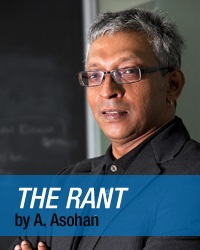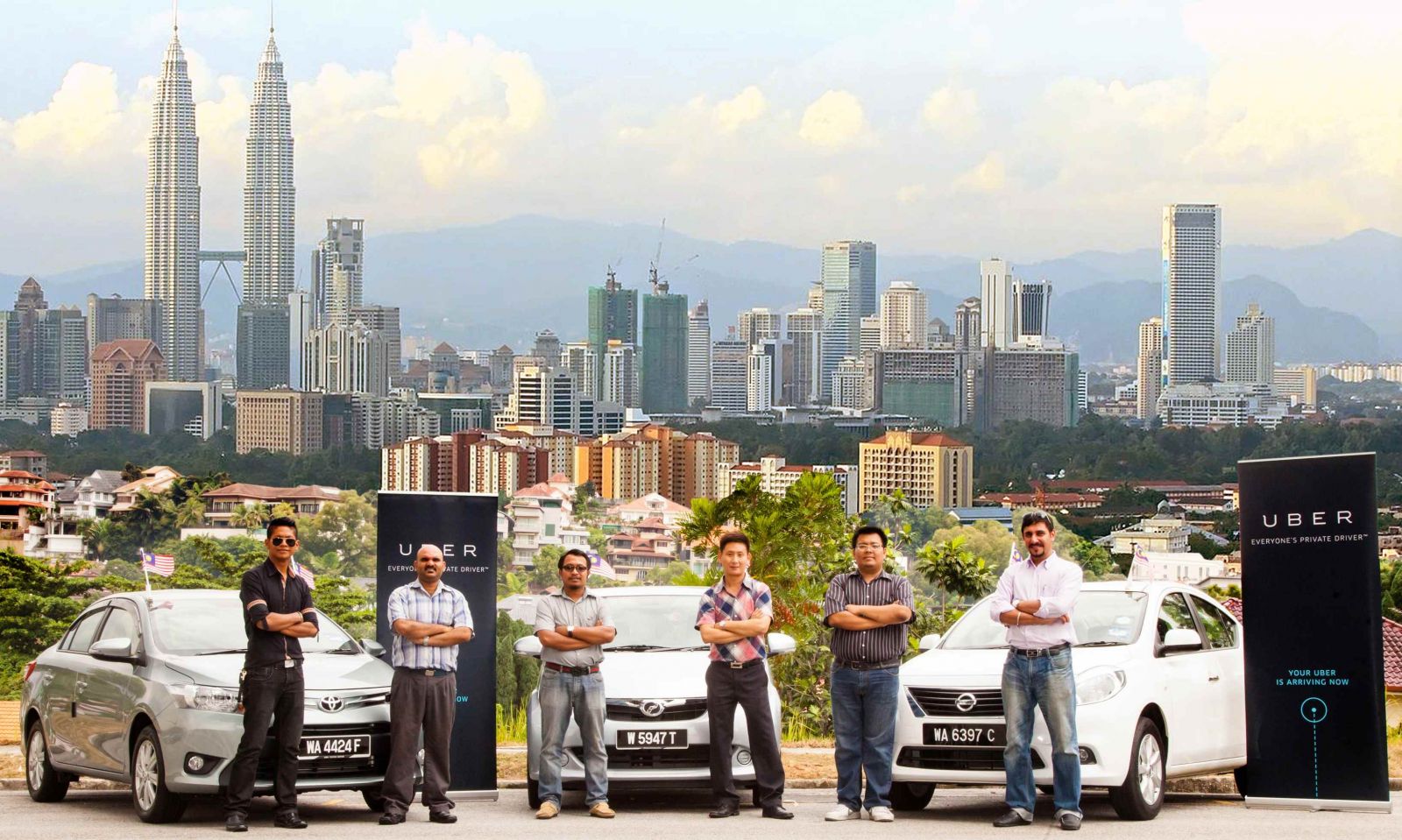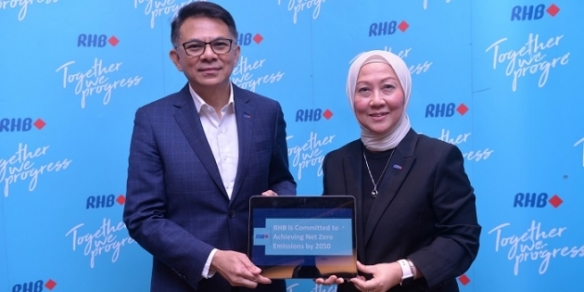(DNA Top 10 in 2014) The Uber-SPAD spat: Be careful what you wish for
By A. Asohan May 5, 2015
Digital News Asia (DNA) continues reprints of our top 10 stories of 2014, in conjunction with the ‘DNA Top 10 of 2014’ contest. For details on the contest, click here.
I knew I was walking into a minefield with this one. Taxi services in Malaysia always spark the most impassioned of discussions, usually negative, and premium ride service startup Uber has done an excellent job of getting its users to speak for it through their blogs or social media.
No surprise that this OpEd produced one of the most vibrant discussions in its comment thread, not to mention being discussed in many people’s Facebook accounts. – A. Asohan
- The people have spoken: Lay off Uber and its excellent service
- But are we prepared to face the price when there is no competition?
 THERE has been a taxi racket going on for years at the Kelana Jaya LRT station, the terminal station of the LRT (light rail transit) system in the Klang Valley. The drivers refuse to use their meters, charge exorbitant fees, and wait until they have at least two or three separately-paying passengers before they will even agree to ‘taking a fare.’
THERE has been a taxi racket going on for years at the Kelana Jaya LRT station, the terminal station of the LRT (light rail transit) system in the Klang Valley. The drivers refuse to use their meters, charge exorbitant fees, and wait until they have at least two or three separately-paying passengers before they will even agree to ‘taking a fare.’
They’re all in it. Any honest taxi driver who comes into the station and refuses to play the game is driven off.
The authorities are not blind, and once in a blue moon will go in and enforce the law. The taxi drivers then boycott the LRT station for a few weeks, leaving many passengers who miss the last bus stranded.
It is this inability of Malaysian authorities to enforce the law for any sustained period which has got most taxi users riled up, and has created nothing less than real animosity towards taxi drivers and the authorities.
That there is some fundamentally wrong with the whole system cannot be denied. Local startups such as TaxiMonger and GrabTaxi (still known as MyTeksi in its home market of Malaysia) saw a problem that needed solving, as well as a business opportunity – enough of one that even the deep-pocketed Rocket Internet company EasyTaxi has joined the fray.
Things looked up for a while – as a taxi-user myself, I have to say that services improved slightly with the advent of these startups’ taxi-booking apps.
But not if you were unlucky enough to be in ‘hotspots’ where tourists gather, or when you needed one during peak hours, or when just didn’t want to drink and drive in the wee hours. You’d still have to deal with the ‘taxi mafia’ then.
When fast-rising San Francisco startup Uber launched in Malaysia, first with its Uber Black premium service and later with its UberX low-cost offering (pic below) with fares that were 15% lower on average than regular budget taxis, Malaysians took to the services enthusiastically. Social media networks in the country were swamped by plaudits and praise.

Why use a taxi when you could get professional, efficient and courteous service with Uber?
Well, except that somebody’s rice bowl had just been upended. In August, several taxi associations and operators called on the Land Public Transport Commission (known by its Malay-language acronym SPAD) to take action against Uber, saying that the company was affecting the income of taxi drivers in the Klang Valley.
National news agency Bernama reported SPAD as saying that Uber had committed “several wrongdoings,” such as using private vehicles to carry fare-paying passengers, which is an offence under the Land Public Transport Act 2010.
Members of the public were up in arms, seeing it as not merely unwanted government intervention, but as protecting an industry that was holding ordinary Malaysians hostage.
Then a national daily reported SPAD as declaring Uber illegal in Malaysia. The public outrage was palpable, even as SPAD said its statement had been taken out of context and it had not declared the service illegal, The Malay Mail Online (MMO) reported, but had only urged Uber to get the correct permits.
The Road Transport Department (RTD) said it would begin a crackdown on Oct 1 against Uber drivers who lack the proper permits, even as SPAD continues being powerless against rogue taxi drivers, according to the latest MMO report.
As that day dawns, Uber’s response has been to get ordinary Malaysians to fight its battle for it, urging them to express their support for the company and its services via social media with the hashtag #chooseUberMY.
The PR masterplan
That has been Uber’s modus operandi from Day One – get the people to fight your legal battles for you in the court of public opinion before it can even go to court. Indeed, going by the Bernama report first cited above, it didn’t even bother responding to SPAD’s request for information.
“In an effort to reach out and ensure that Uber complies with Malaysian laws, SPAD has attempted to contact Uber by telephone and by email but to date, Uber has not responded nor replied to any of SPAD's outreach attempts,” it said in a statement.
Media queries to the company were treated in much the same cavalier fashion. The company took its time to respond, and when it did, just ignored the actual questions to come up with marketing spiel that was essentially ‘no comment.’
Here’s an example of my colleague Gabey Goh’s questions to Uber when the issue first broke:
SPAD said there have been several issues … such as using private vehicles to carry fare-paying passengers, which is an offence under the Land Public Transport Act 2010. Some of the company's drivers do not have a Public Service Vehicle driving licence, which is an offence under the Road Transport Act 1987.
Is this correct? Does Uber engage private vehicles for its service in Malaysia, with some not having the appropriate licence?
Are you aware of SPAD's attempts to engage with you? If so, why the delay in responding?
Uber has stated that it seeks to actively engage with regulators and is big on educating markets about Uber's unique value proposition. With these new developments, what are next steps for the team?

Uber's technology connects riders to the most affordable, safe and reliable ride, and with unprecedented accountability and transparency built into the system, Uber has transformed the way users think about their transportation options.
Safety is Uber’s #1 priority. All Uber partners and their vehicles undergo a rigorous background check and thorough inspection, so when you ride with Uber, you know that you’re riding with a safe and highly qualified driver with full insurance coverage.
Our lead generation software allows partners to capture this economic opportunity through the Uber platform – maximising their income through higher vehicle utilisation (i.e. less time spent driving around without riders in the car), enjoying a flexible driving schedule and being in control of their business. In a nutshell, Uber provides a high quality, safe, reliable and affordable transportation option that also benefits riders, driver partners and the city. It’s a win-win option for everyone.
In 180 cities around the world, people are embracing Uber's technology and welcoming innovation that brings greater safety for consumers, better income opportunities for drivers and more efficient and congestion reducing transportation options for communities.
In journalism, this kind of a response is technically known as ‘yadda-yadda.’ Not only did Uber ignore Malaysian regulators (which have been cowed by public reaction into treading softly) and get away with it, it did not even have to explain itself to the media because it knew it could depend on the people to fight for it.
That’s a public relations (PR) masterstroke, and the person who devised it for the company deserves a raise. It has been using the same playbook in other countries and other cities, and usually just as successfully.
However, some markets are waking up.
Next Page: Uber’s Ayn Rand-inspired Übermensch game plan


